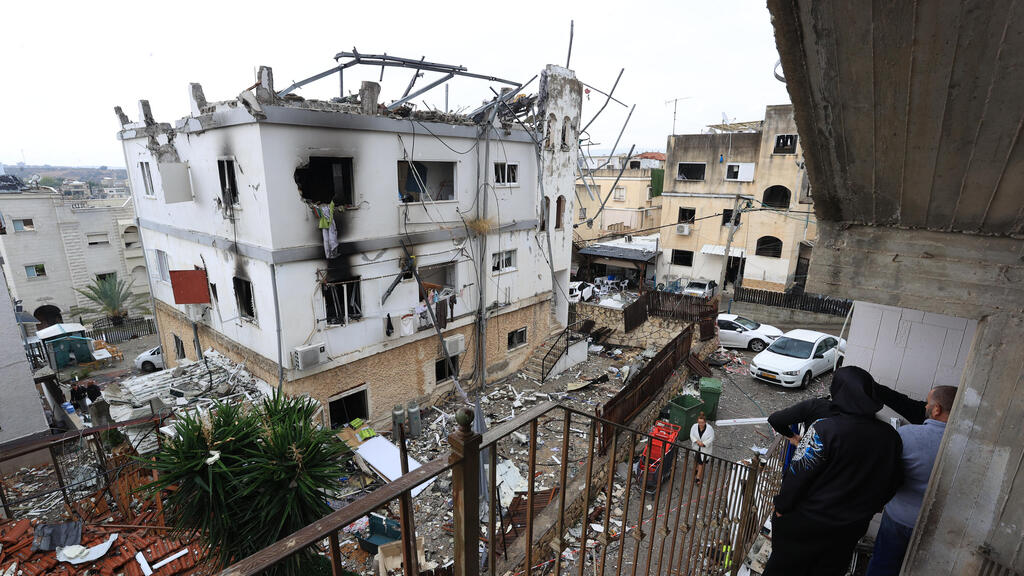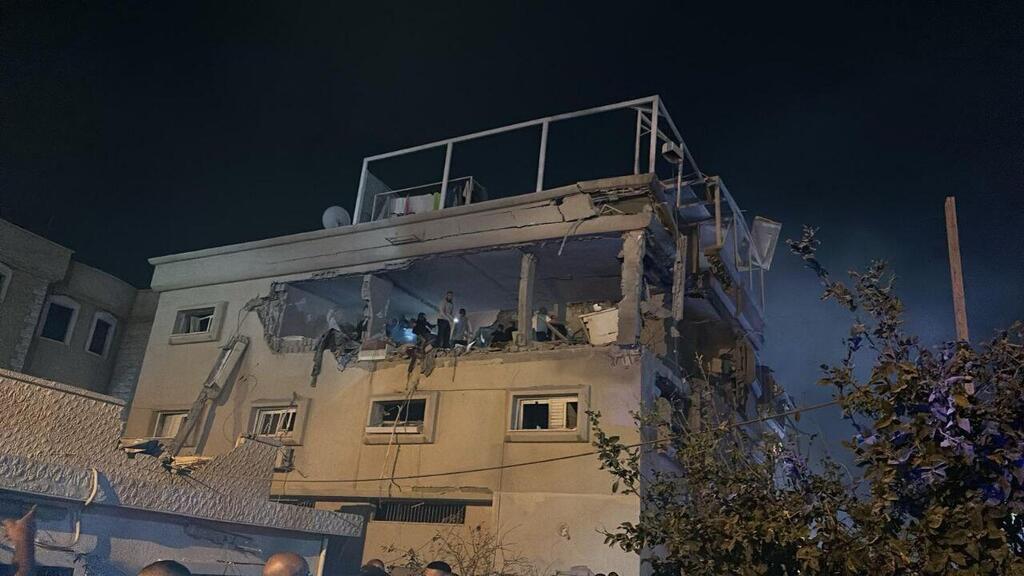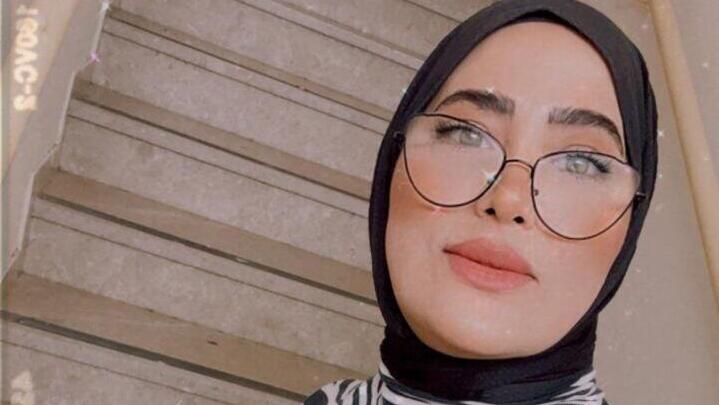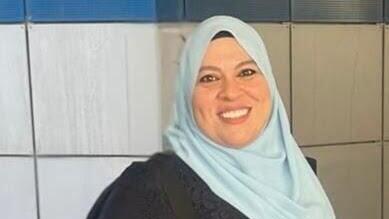Getting your Trinity Audio player ready...
Many Arab citizens of Israel have voiced criticism regarding the lack of proper protection in Arab communities, particularly following rocket strikes that impacted several Arab towns. Some residents say it “seems like Iron Dome isn’t being activated over Arab towns.” Since the cease-fire, community members have been demanding immediate action from authorities to address the lack of shelters, urging that steps be taken before the next war arises.
The tragic events of recent weeks have highlighted the severe shortage of protective measures in Arab towns. The rockets fell on Majd al-Krum, Tamra, Sha’ab, Tira, and Shfaram. The deaths of a mother and her son during an olive harvest near Kiryat Ata underscored the devastating toll borne by the Arab community. These incidents also offered a glimpse into life without adequate protection.
According to published data, almost 60% of homes in Arab communities lack fortified safe rooms, and 60% of local Arab municipalities have no public shelters at all. For example, a stark contrast exists between Karmiel, which has 126 public shelters (one for every 375 residents), and nearby Arab towns, which collectively have only two shelters (one for every 15,000 residents).
Calls for action
Organizations such as Ajyal and Merkazim have long been dedicated to fostering civic, community and political engagement. These groups train and mobilize activists to lead local and regional change. However, they recently added a new objective: Assisting citizens in the face of security threats and enhancing the sense of safety.
“We cannot leave the Arab sector behind,” a statement from Ajyal emphasized. The organization’s efforts include participation in local emergency steering committees, conducting first-aid courses, training emergency response volunteers, and mobilizing donations for low-income families. It also advocates for better protection in Arab towns by working with local authorities.
In Majd al-Krum, Merkazim is providing targeted training and practical tools to equip activists for emergency situations. These courses include crisis management skills, rapid response techniques, and psycho-social training to help them support their communities in times of need.
The vulnerability of open spaces
Meanwhile, the olive harvest season is underway in Shfaram, Majd al-Krum, Tamra, and other Arab towns. For many families, the open fields where they harvest olives lack any form of protection. This poses a significant risk as these areas are far from the built-up parts of their towns. The olive harvest is a vital source of income, particularly during wartime, as the construction sector – another major source of livelihood – has been largely inaccessible for over a year.
Ayman Kabha, Ajyal coordinator and leader of the social justice centers in the Arab sector, stressed the importance of equitable emergency services and protection systems. “In a time when security threats demand we adapt to a new reality, the state must ensure that emergency services and protective measures are accessible and equal for all populations, regardless of ethnic or cultural background. The Arab sector must not be left behind in the fight for personal and community safety.”
Personal stories of fear and resilience
Residents have shared harrowing accounts of living in fear. Nili Hijazi, a Tamra resident, described the lack of shelters in her town.
“The situation in Tamra is painful. We feel unsafe, and there are no shelters. My children ask, ‘Where will we go? Will we die? Will the house collapse on us?’ When a rocket fell in our neighborhood, I thought the world was ending. I left work in Haifa and rushed home, searching for my youngest son. I found him handing out water bottles to victims, trying to help in any way he could. That’s the reality we live in – fear, helplessness and survival.”
Inbar, a Jewish woman who converted to Islam and has lived in Tamra for a decade, echoed similar concerns.
“Our homes are not fortified, and there are no shelters. During alarms, we search for the innermost wall and pray to God for safety. When rockets disabled the education system, the fear for our children grew. Each child is in a different location, and it’s difficult to reunite the family without knowing how to protect ourselves,” she said.
Amar Hammam, also from Tamra, described his terror. “I never thought our lives were this disposable. I felt as though Judgment Day had arrived. There was nowhere to run, no safe place. As I drove home to my family, I feared both the rockets and the reckless speed I was driving. The sky seemed to collapse around me. I just wanted to embrace my wife and children. But until when? We need answers and solutions even after the cease-fire,” he explained.
Get the Ynetnews app on your smartphone: Google Play: https://bit.ly/4eJ37pE | Apple App Store: https://bit.ly/3ZL7iNv
Ghada al-Youssef, a mother of five and head of the Social Justice Center in Tamra, said the Arab community should be provided with shelters.
“We deserve to be treated as human beings. One of the most basic human rights is the right to safety. Without shelters, every alarm could mean the death of a loved one. As a volunteer with the parents’ committee, the responsibility to protect our children weighs heavily. We live in constant fear – from the moment school begins until our children return home safely,” she said.
Nermin, a mother from Majd al-Krum, described a similar reality. “Every alarm wakes me in panic. I grab my two youngest children, ages 4 and 5, and rush downstairs with my older kids. The stress is overwhelming, and sometimes the children trip on the stairs in their haste. The lack of sleep and constant fear take a toll on our health. We need shelters to feel secure,” she said.
Many residents question whether the Iron Dome anti-missile system is being deployed equally. “How is it that rockets fall here more frequently than anywhere else?” asked a resident of Ba’ana. “It seems like Iron Dome isn’t activated above Arab towns. Does the government not care about Arab lives?”
Another resident from Deir al-Asad added: “It feels like the government doesn’t value our blood. Every rocket that falls here reminds us of that.”
The collective plea from Arab citizens is clear: Safety and dignity should not depend on ethnicity or geography.
First published: 14:48, 12.02.24






